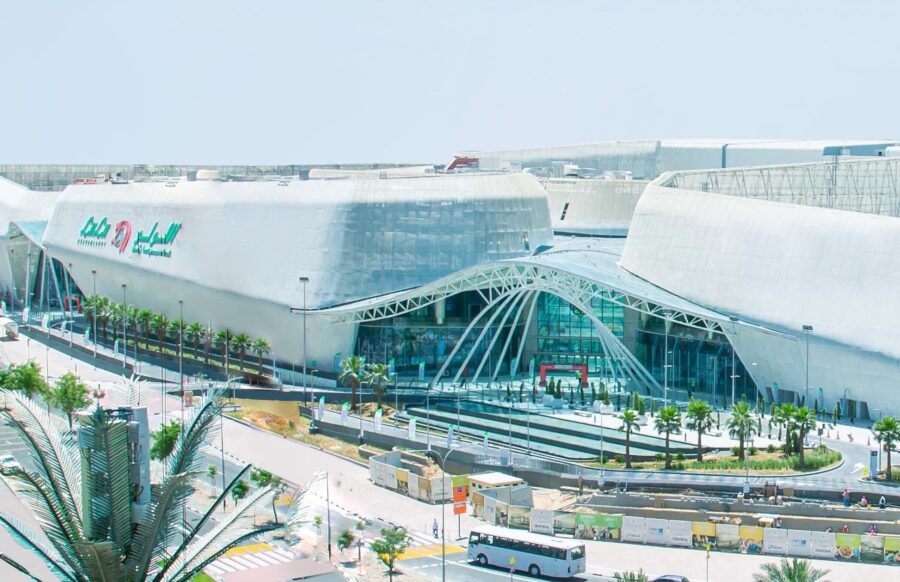
Retailers are using their physical spaces to create memorable experiences for their customers, where the store in no longer just a place for transactions. The role and purpose of stores are evolving to become experience centres, marketing avenues, and even event venues where customers are encouraged to spend more time in the outlets.
On the other hand, customers are inundated with choices as businesses are all vying for their time (and money), which is why the offerings now must stand out, fulfil their needs and desires and also align with their ideologies.
According to Accenture’s study on corporate sustainability, 99% of chief executives from the world’s leading organisations say sustainability is critical to their future success. In line with this, many retailers in the region are putting emphasis on sustainability in their practices and infrastructure. Silicon Central, located at Dubai Silicon Oasis, the first eco sustainable district in Dubai focused on low carbon footprint, which houses a 9,000 sqm flagship Lulu store is one such regional example.
“With fewer tourists (on account of the ongoing crisis), our industry heavily depends on residents to sustain businesses and to get footfall through the door, we constantly need to innovate and offer immersive experiences as well as build malls that are environmentally friendly for the more conscious consumer,” Salim M A – Director Lulu Group.
The idea of sustainability even expands to greenery within facets of the retail environment, providing a more welcoming atmosphere for those who’d like to indulge in some ‘retail therapy’. Biophilia describes the innate emotional connection humans feel toward nature (like plants) and other forms of life. The ‘biophilia hypothesis’ suggests that as humans evolved within the natural environment, they became hard-wired to respond positively to sources of greenery and life.
Studies have shown that retail environments without natural greenery can trigger information overload in consumers. Increased manufactured stimuli in stores can often result in purchase postponement, shopping fatigue, dissatisfaction, negative word-of-mouth, decreased store loyalty and trust and product misuse, according to The effects of urban retail greenery on consumer experience: Reviewing the evidence from a restorative perspective report.
“This unique design ethos in Silicon Central calls for a need to bring greenery into the commercial space. Hence the mall will be populated by plants, water, and natural light, recreating an oasis in the city,” he said.
“The extensive use of natural light is another example of making the optimum use of existing resources. By lowering the overall energy consumption of the mall without compromising on the design, we hope to stay at the forefront of style, technology and sustainable innovation, starting with our Silicon Central project,” he added.
Notifications